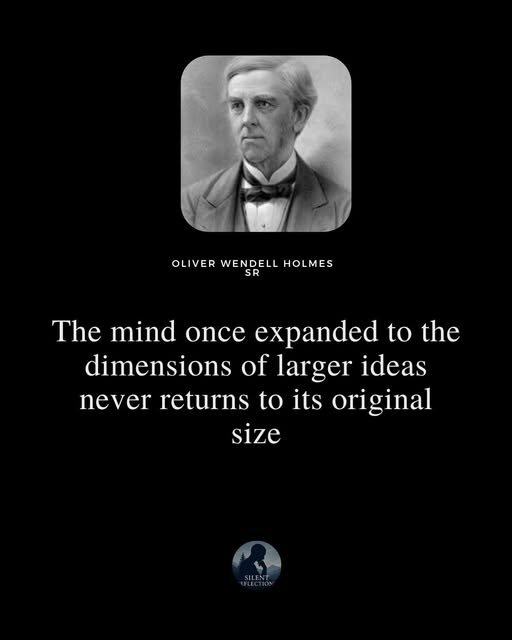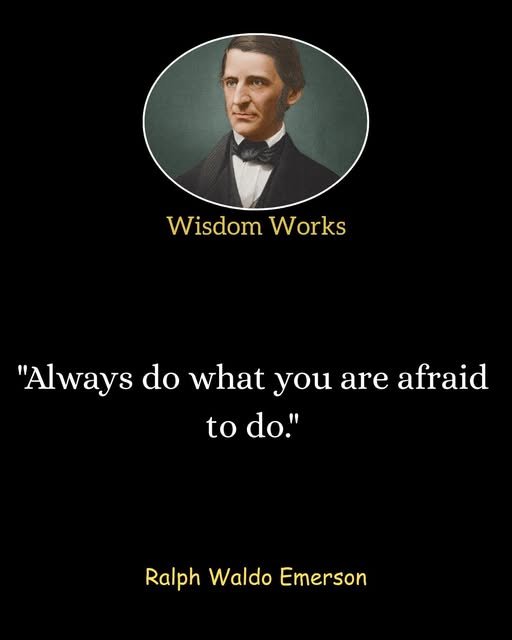Do you ever wonder how we have created so much evil in this world? Where did we go wrong and what can we do to become better?
The question of why there is so much evil in the world and where humanity might have gone wrong is both profound and complex. It taps into various disciplines, including philosophy, theology, and psychology. To begin unpacking this, we might first consider the concept of \'evil\' as a construct that reflects actions and intentions that are considered profoundly immoral and malevolent. The roots of evil are often traced back to a mixture of personal choices and societal influences.
One theory, from a psychological perspective, is that evil arises from a failure of empathy, often combined with situational pressures that lead individuals to act against their moral convictions. This is seen in the work of psychologists like Philip Zimbardo, known for the Stanford prison experiment, which illustrated how normal individuals could commit atrocious acts under certain conditions. His findings suggest that systemic and situational factors can heavily influence personal behavior.
From a theological standpoint, many religions grapple with the concept of evil, often viewing it as a necessary counterpart to good, providing believers with moral choices. This dualistic approach can be seen in Christianity\'s original sin, which posits that evil entered the world through disobedience to God, thus granting humans free will but also the capacity to choose wrongly.
So, what can we do to combat this pervasive issue? On an individual level, increasing self-awareness and nurturing empathy can be powerful tools. Education that emphasizes ethical reasoning and emotional intelligence can equip individuals to make better moral choices. On a societal level, creating systems that promote justice and reduce inequality can help alleviate some of the conditions that foster harmful behaviors.
Ultimately, addressing the problem of evil in the world requires a multifaceted approach, engaging with both our capacity for profound goodness and our potential for significant harm. It involves constant vigilance and active participation in fostering an environment where positive, ethical behaviors are encouraged and rewarded.























.jpg)



.jpg)
.jpg)









.jpeg)



.jpeg)











.png)



.jpg)
.jpg)














.jpg)
.jpg)
.jpeg)



.jpeg)





.jpeg)

.jpg)







